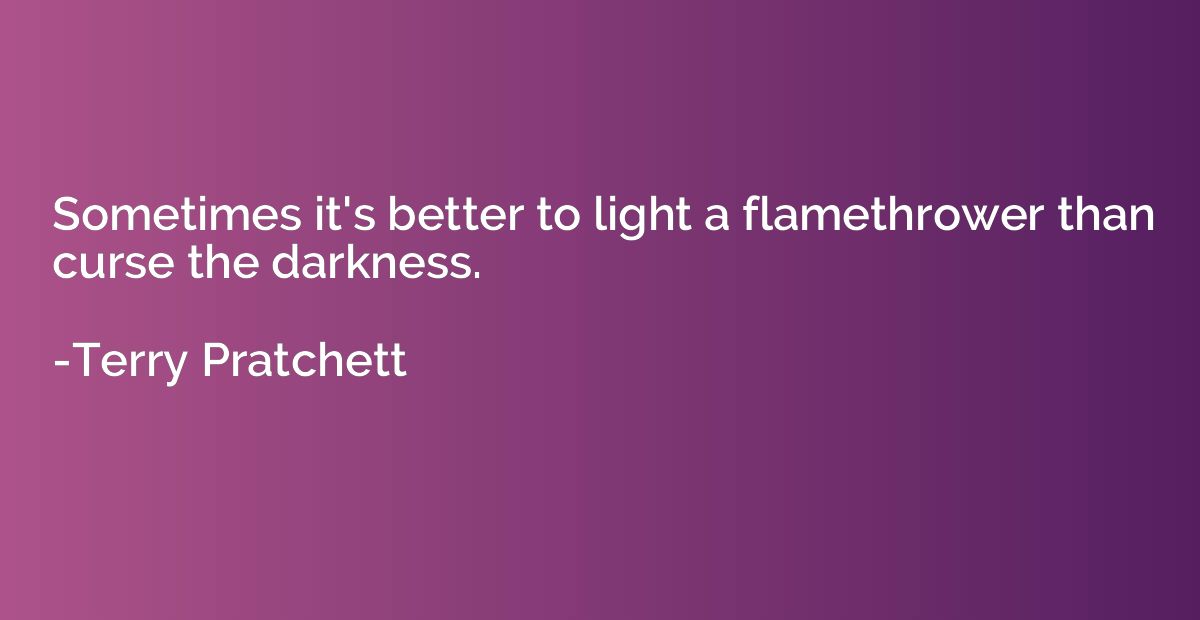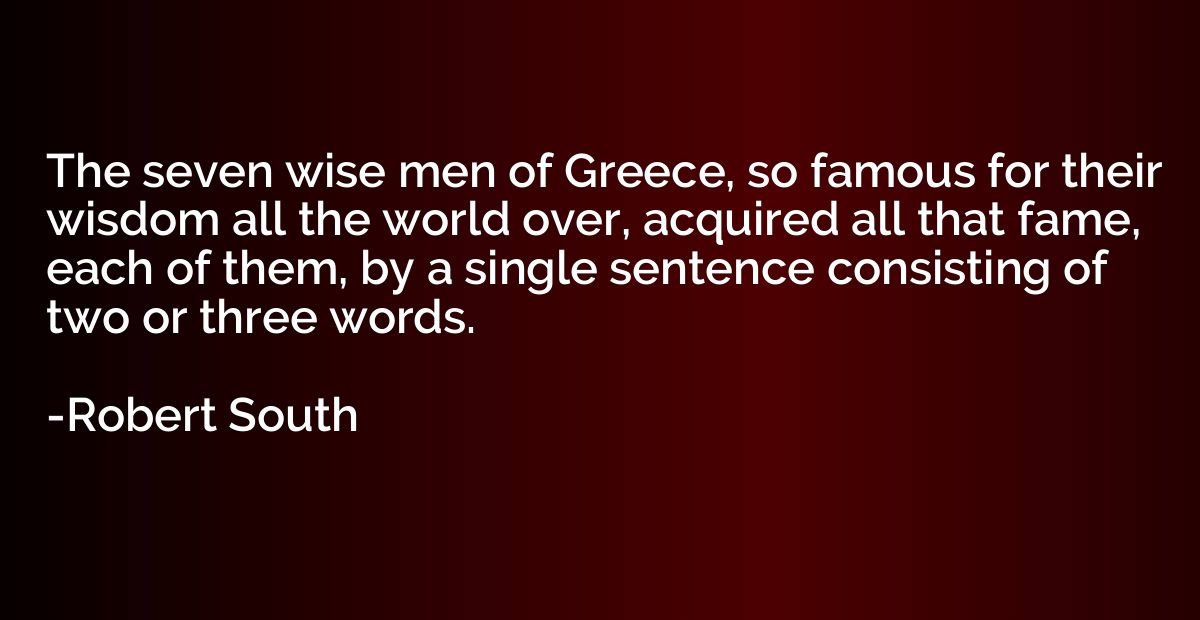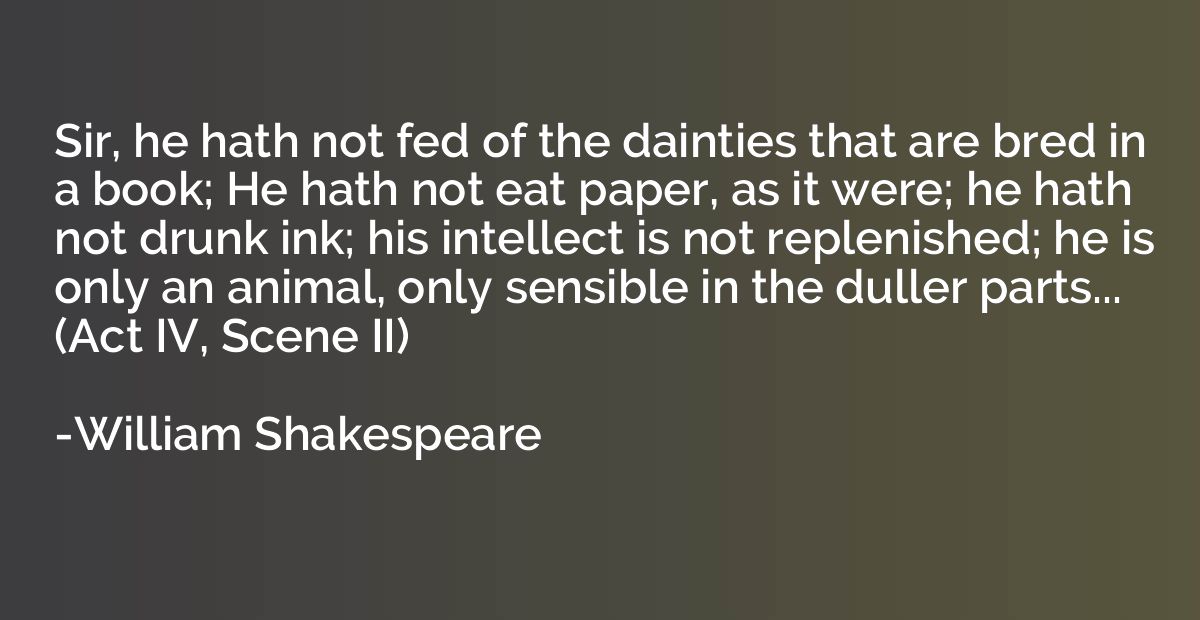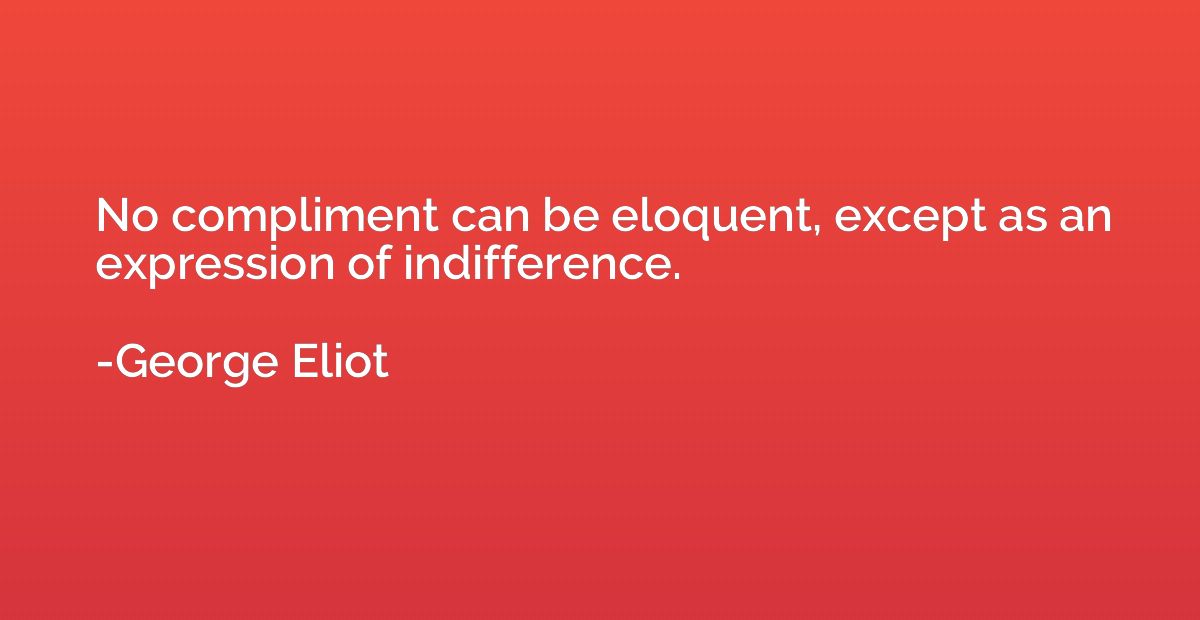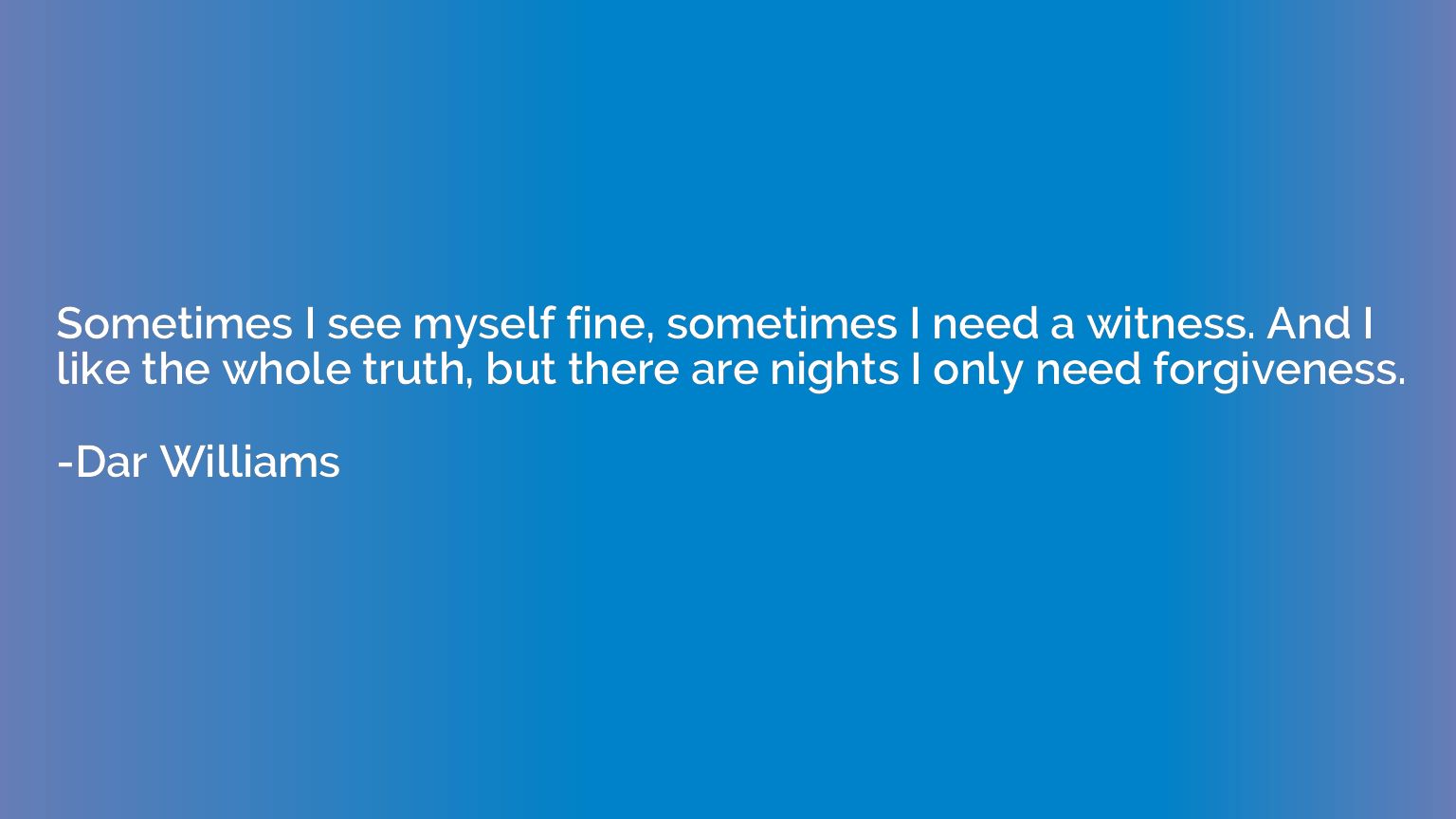Quote by Victor Hugo
Questa luce, cioè la storia, è spietata; essa ha questo di strano e di divino, e cioè che quantunque sia luce, e precisamente perché è luce, mette spesso dell'ombra l? dove si vedono raggi; dello stesso uomo fa due fantasmi differenti, e l'uno attacca l'altro, e ne fa giustizia, e le tenebre del despota lottano con lo splendore del capitano. Da qui, una misura più vera nell'apprezzamento definitivo dei popoli. Babilonia violata diminuisce Alessandro; Roma incatenata diminuisce Cesare; Gerusalemme uccisa diminuisce Tito. La tirannia segue il tiranno. E' una sventura per un uomo lasciare dietro di sé dell'ombra che ha la forma sua.
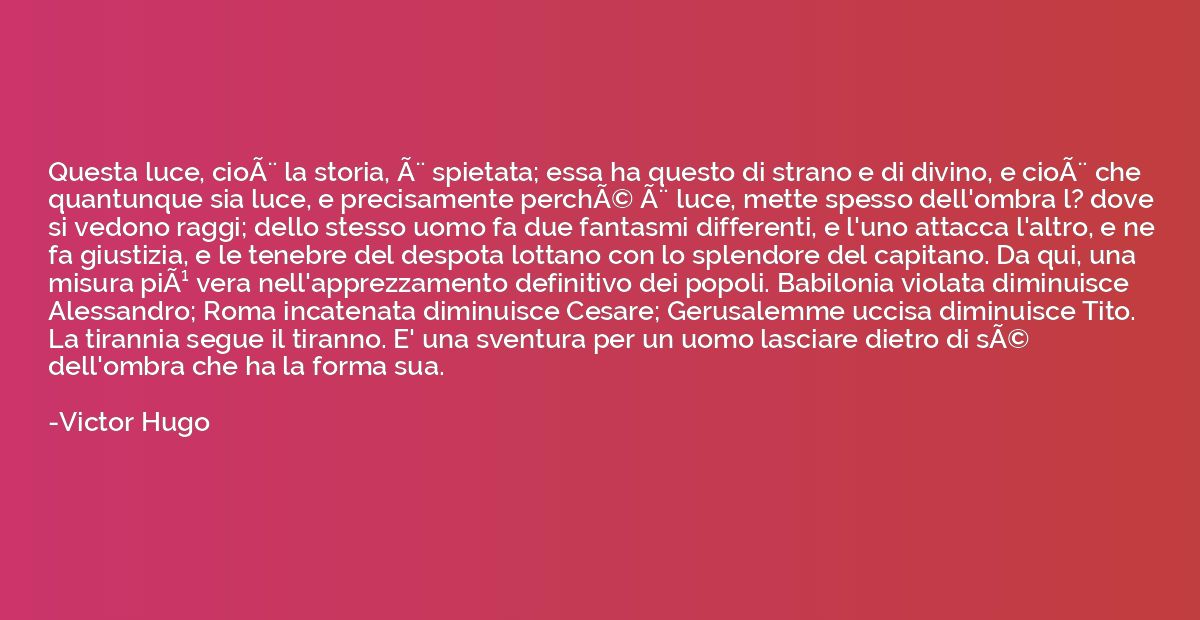
Summary
This quote by Italian author Giuseppe Antonio Borgese reflects on the nature of history and its impact on individuals and civilizations. It suggests that history, like light, can be both powerful and merciless. Despite being a source of enlightenment, history often casts shadows where there should be clarity. It has the ability to create conflicting interpretations, portraying the same person as both hero and villain. It implies that the actions of tyrants and conquerors diminish their legacy, as the darkness of their deeds clashes with the brilliance of their achievements. Thus, it highlights the importance of a more accurate and comprehensive assessment of nations and their leaders, taking into account their virtues and atrocities. Leaving behind a lingering shadow is seen as unfortunate for an individual, as it distorts their true legacy.



